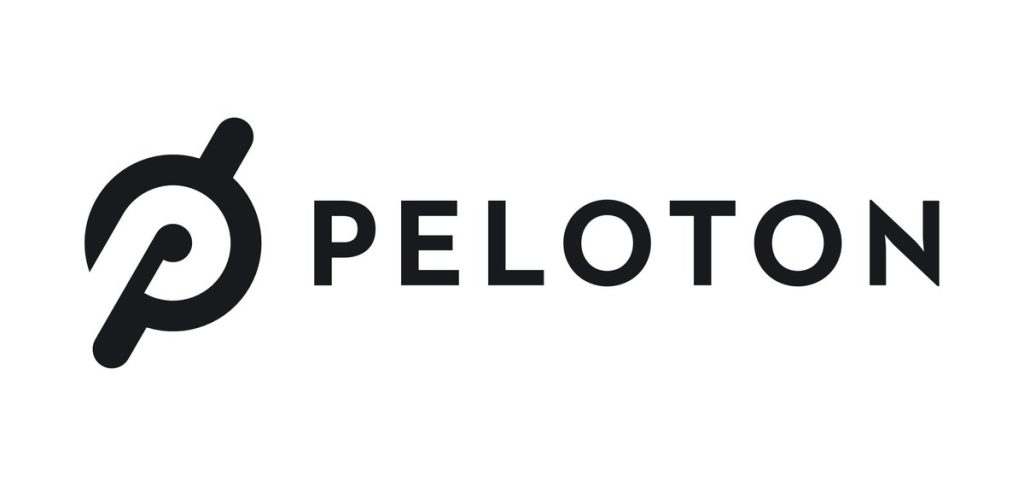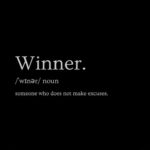Customers don’t just want products, they want recognition
Loyalty isn’t only built on value or convenience. It’s built on something far more human: the desire to feel seen and celebrated.
Too many brands overlook this. They focus on acquisition, discounts, or generic campaigns, and forget that customers are on a journey. When you recognize their progress, you build an emotional connection that no promotion can match.
Peloton’s playbook
Peloton has mastered this art. From the very first ride, customers are drawn into a system that rewards progress. The app tracks milestones; your first workout, your 50th, your 100th, and acknowledges them with digital badges, push notifications, and community shoutouts.
The recognition doesn’t stop at the screen. Peloton riders often receive surprise gifts, exclusive content, or even public recognition from instructors. These small moments turn exercise into something more than fitness, they turn it into a story of achievement.
What’s key here is that milestones aren’t about the brand. They’re about the customer’s journey. Every streak, every PR (personal record), every achievement is acknowledged in a way that says: “We see you. We’re proud of you.”
Why it works
When people invest in a new habit, recognition fuels momentum. Instead of feeling like just another workout app, Peloton becomes a partner in progress.
This creates a community effect too. Customers share milestones on social media, celebrate each other’s achievements, and reinforce the cycle of belonging. Recognition creates emotional bonds, and emotional bonds drive retention.
That’s why so many Peloton customers stay long after the novelty of the bike wears off. It’s not just a purchase. It’s a journey that continues to feel rewarding.
The takeaway
Retention isn’t just about keeping customers engaged. It’s about celebrating them.
Recognize milestones, no matter how small, and you’ll transform fleeting transactions into loyalty that lasts. Because at the end of the day, people don’t just want products. They want to feel recognized for the effort they put in.





